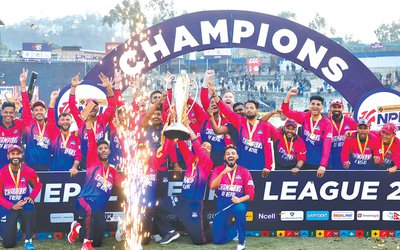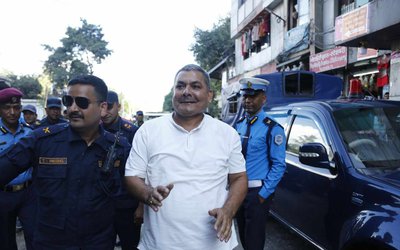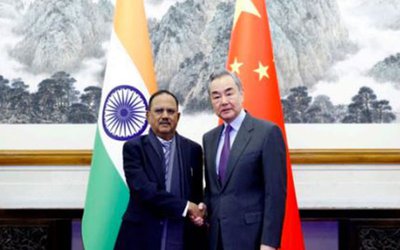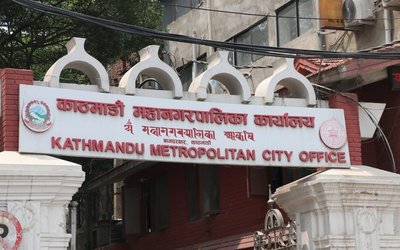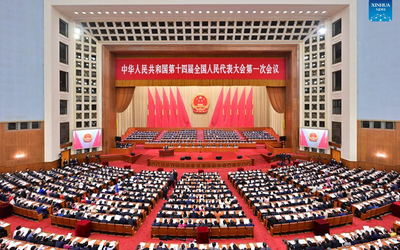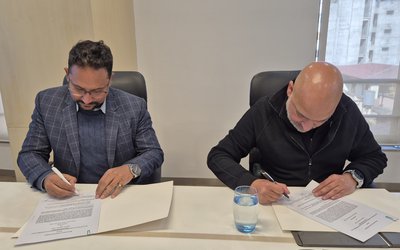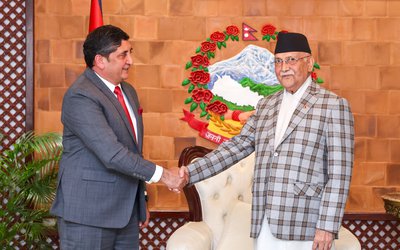As India’s largest and politically most crucial state Uttar Pradesh (UP) gears up for its 2012 assembly elections, a new leader in the making is buckling up to take the centre-stage in Indian politics.
Congress general secretary Rahul Gandhi kick started his party’s election campaign earlier this month from Phulpur town. Amid posters and banners depicting his large pictures, the Amethi MP slammed the ruling Mayawati government for ‘misgovernance, corruption and moving the state backwards’. He said, “a hope will arise for the UP only if they vote for a change”.
Apparently, the 41-year-old’s decision to launch the campaign from Phulpur is quite interesting and holds vital significance: it was from this very constituency that his great grandfather Jawaharlal Nehru was elected to the parliament in the first Lok Sabha elections.
This is however not the first time the junior Gandhi has hinted at assuming a greater role in the party and the government. The media has since long been projecting him as the new face of Congress and the future prime minister. And they aren’t saying so without any reason. Last August when Congress president Sonia Gandhi left for the US for medical treatment, Rahul was handed the responsibility of looking after the Congress affairs along with four other senior party members; a sign that clearly showed how the young Gandhi was being groomed.
Senior leaders within the party have also visualized him as the next party supremo. All India Congress Committee (AICC) general secretary and one of Gandhi’s mentors, Digvijay Singh, has constantly egged him to take more important roles. “He should now take care of us,” he recently said. Another member Janardan Dwivedi commenting on rumors of Rahul being made party secretary in a matter of few weeks said that it was just a mere speculation. But he was quick to add: “His role will go on increasing in the natural course. All Congressmen want that”.
Some political analysts speculate that Rahul is the most likely candidate of prime minister from the Congress party in the 2014 elections. One reason for this prediction is because of the manner in which he has been slowly climbing the ladder. He got in charge of the National Students Union of India (NSUI), the Congress’s student wing and the Indian Youth Congress in 2007, very similar to how his father and former prime minister Rajiv Gandhi had risen to the top. On the other hand, going by the political developments, opposition BJP’s most likely contender seems to be Narendra Modi, the present chief minister of Gujarat. And although it would be very early to say anything, if in case both the speculations do come true, the junior Gandhi will definitely have a huge edge over Modi, who is embroiled in numerous controversies.
The tech-savvy leader, often spotted in clubs and parties, is also a hit among the youth. Youngsters, who are frustrated and disillusioned with the present leaders, see in him hope for the future. His recent stints like going to tribal villages, dining with the poor have earned him accolades among the youth, although some have dubbed it a mere publicity stunt. Says Tanvi Agarwal, a Delhi University student, “he definitely has the personality as well as a genuine vigour and dedication”. A DU alumnus himself, Rahul is making an effort to connect to the Young India. He has picked up a few burning issues. He has been vocal about the Mahatma Gandhi National Rural Employment Guarantee Act (MGNREGA), land acquisition and the tribal rights – to name some of the important issues he recently took up. Earlier in May this year, Rahul made visits to Bhatta Parsaul village in UP to show camaraderie with the agitating farmers who had been subjected to police brutality. He was also lauded for rejecting a position in the cabinet in 2009 during the UPA’s second tenure.
For now, the young Gandhi’s attention is clearly focused towards UP, where his party has fared poorly in recent years. He aims to bring back the party’s sheen in the state for now. But for tomorrow, he seems to be aiming big.
- SWISS SUPPORT: Construction Of A Trekking Trail In Koshi
- Dec 19, 2024
- PM OLI'S VISIT TO CHINA: BRI Agreement
- Dec 16, 2024
- RASUWAGADHI AND SANJEN: Begin Generation
- Dec 03, 2024
- NEPAL, INDIA ELECTRICITY TRADE Nepal's Advantage
- Dec 02, 2024
- PM Oli'S VISIT TO CHINA: Nepal's Dilemma
- Dec 01, 2024

